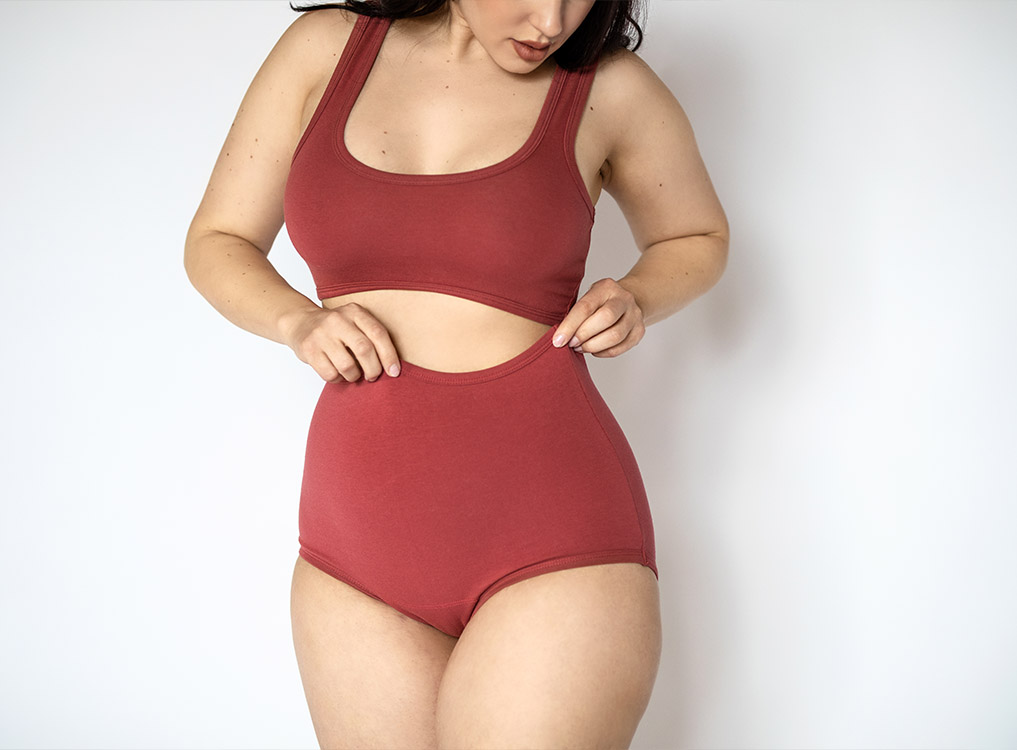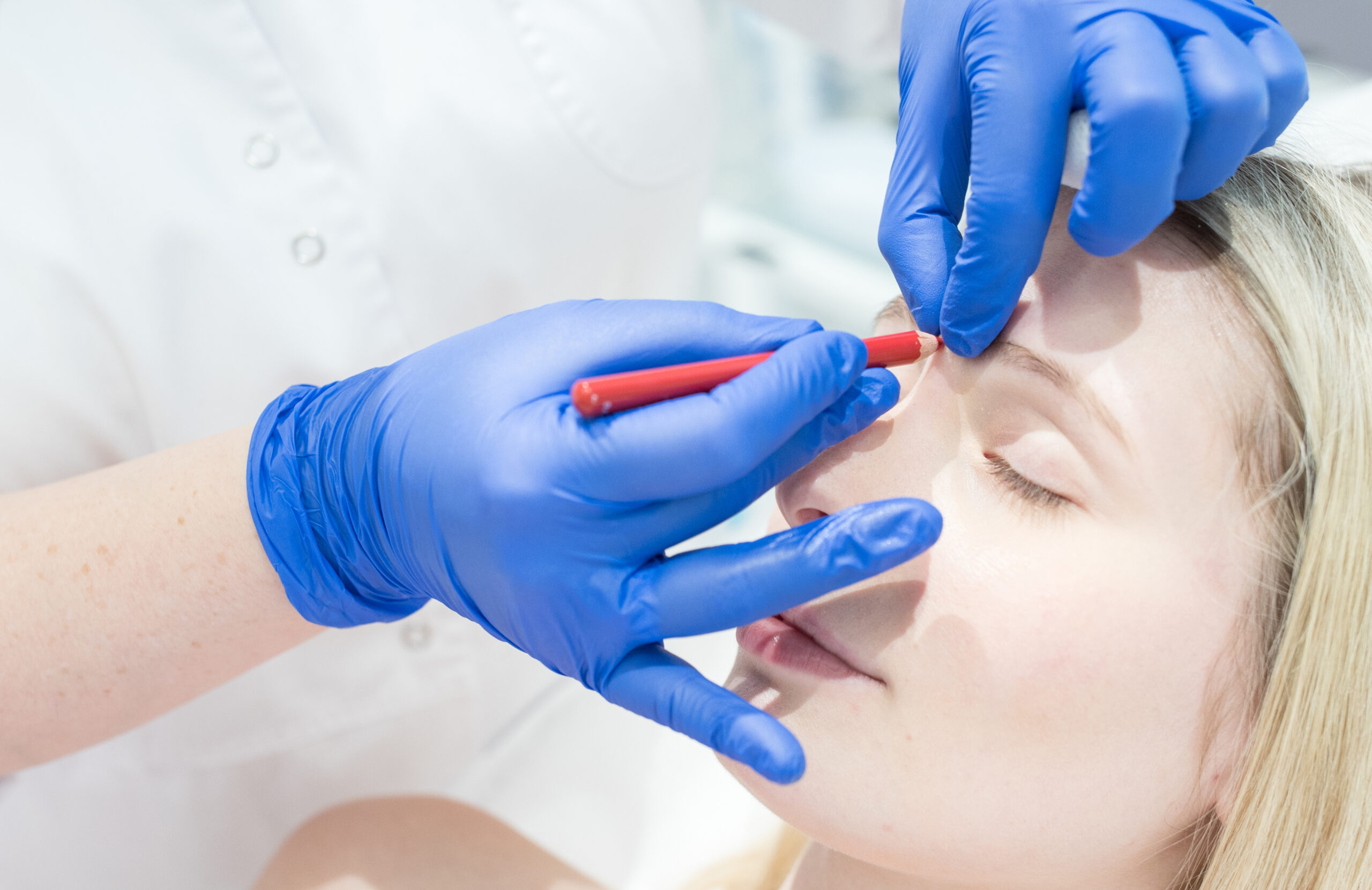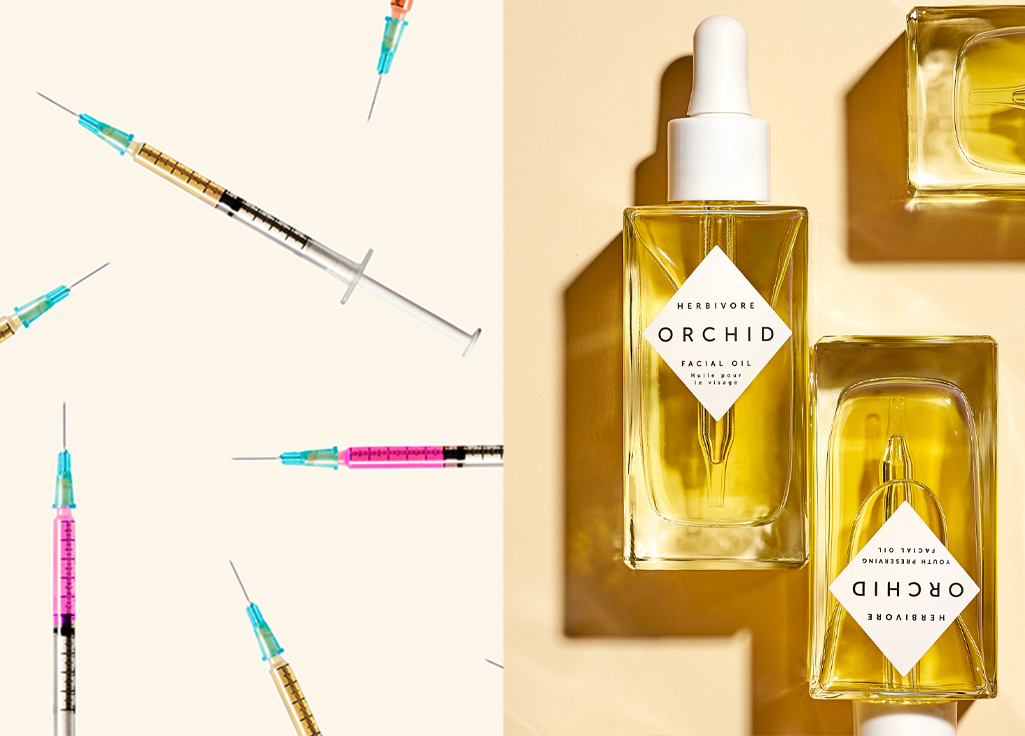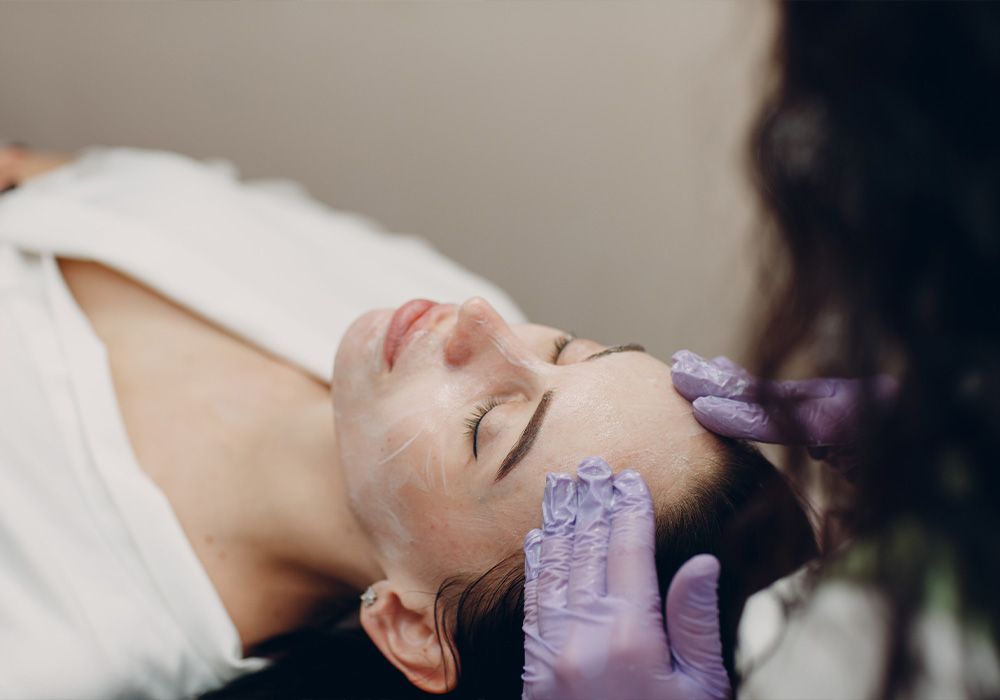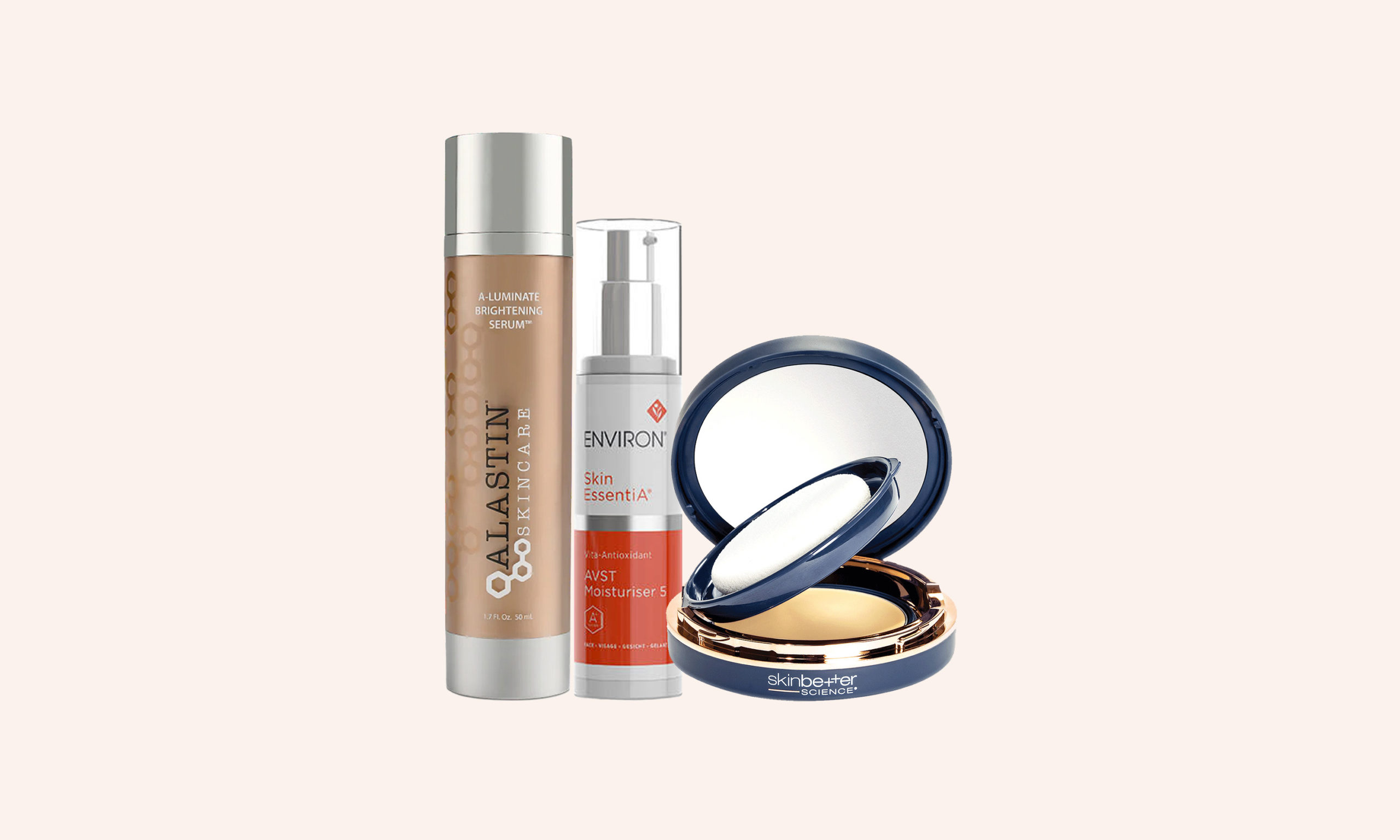The American Society of Plastic Surgeons (ASPS) released their annual survey data today, and the during-COVID numbers—coupled with the post-COVID predictions—are fascinating.
First up: The society’s board-certified plastic surgeons reported that they stopped performing elective surgical procedures for an average of 8.1 weeks in 2020 due to COVID-19 (the equivalent to 15 percent of the year), which mirrors the decline in the total number of procedures performed last year, explains ASPS president Joseph E. Losee, MD. “Yet, three of the top five cosmetic surgical procedures declined by only 11 percent or less (significantly less for nose reshaping), which indicates interest in these procedures accelerated when practices reopened in the late spring and summer. Looking ahead, what gives us even more confidence is that some of our surgeons have reported they are seeing higher demand than even pre-pandemic level bookings fired by pent-up patient demand.”
Also on patients’ mind: A solid belief that that the pandemic has fast-tracked certain things, according to New York plastic surgeon Alan Matarasso, MD, past-president of ASPS. “Some patients believe they have aged faster during the pandemic, and that belief is not exactly an exaggeration given the toll that physical and emotional stress take on the body. Also, perceptions about realistically achieving a more youthful appearance change when prospective patients have more time and resources to consider available options.”
Plus, the society points out, while the first wave of pandemic demand saw “a rush on facial procedures in response to a significant surge in Zoom calls and downtime for discreet recovery at home,” the survey results show that tummy tucks and liposuction are still among the top procedures that women who are extremely or very likely to consider procedures within six months are seeking. (According to the society, the reason is attributed to weight fluctuation during quarantine, and more time to consider procedures long delayed due to time or cost.)
Still, the numbers show we’ve not lost focus on the face, with three of the top five procedures focusing on the above-the-neck procedures:
- Nose reshaping (352,555 procedures)
- Eyelid surgery (352,112 procedures)
- Facelift (234,374 procedures)
- Liposuction (211,067 procedures)
- Breast augmentation (193,073 procedures)
“As a result of a surge in Zoom calls and ample downtime for recovery, we saw a rush of surgical facial procedures in 2020, especially following the first wave of the pandemic,” says San Francisco plastic surgeon Steven Williams, MD. “Nose reshaping, eyelid surgery and facelift made up the top three surgical procedures, which was a contrast to 2019’s top procedures that favored body procedures (breast augmentation and liposuction) in the top spots.”
Not surprisingly, the most sought-after spots still belong to nonsurgical treatments—with more than 4 million injectable procedures being performed last year. “Despite the focus on the face, minimally invasive procedures decreased slightly more than surgical procedures in 2020, dropping for the first time in four years,” says Ventura County, CA plastic surgeon Lynn Jeffers, MD, past-president of ASPS. “We attribute this mostly to stay-at-home orders with patients having to miss their regularly scheduled appointments and potentially in part due to them looking for enhanced results after having to hold off on some of their maintenance procedures. Despite the slight dip, injectables still remained the most sought-after treatments in 2020.”





